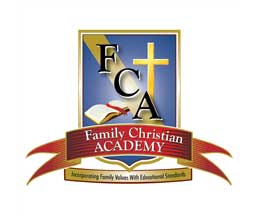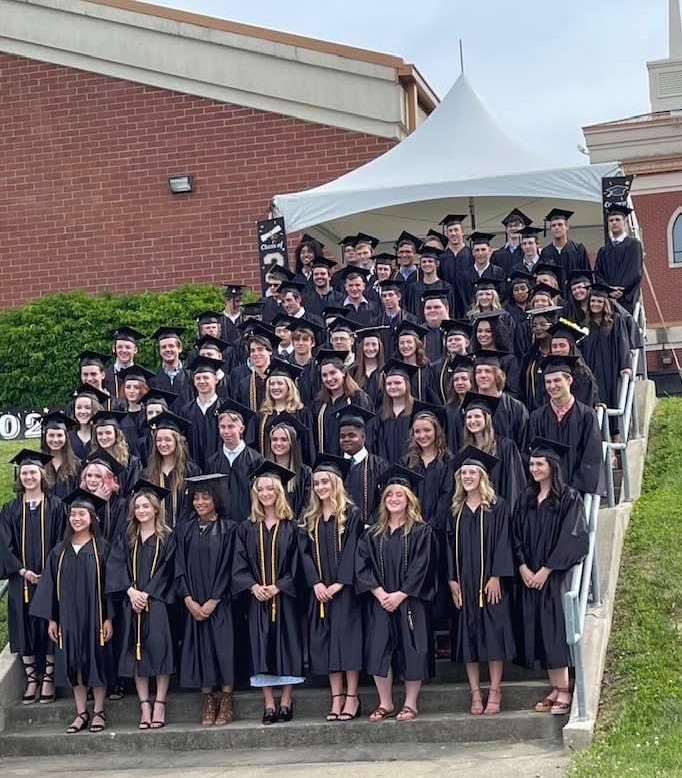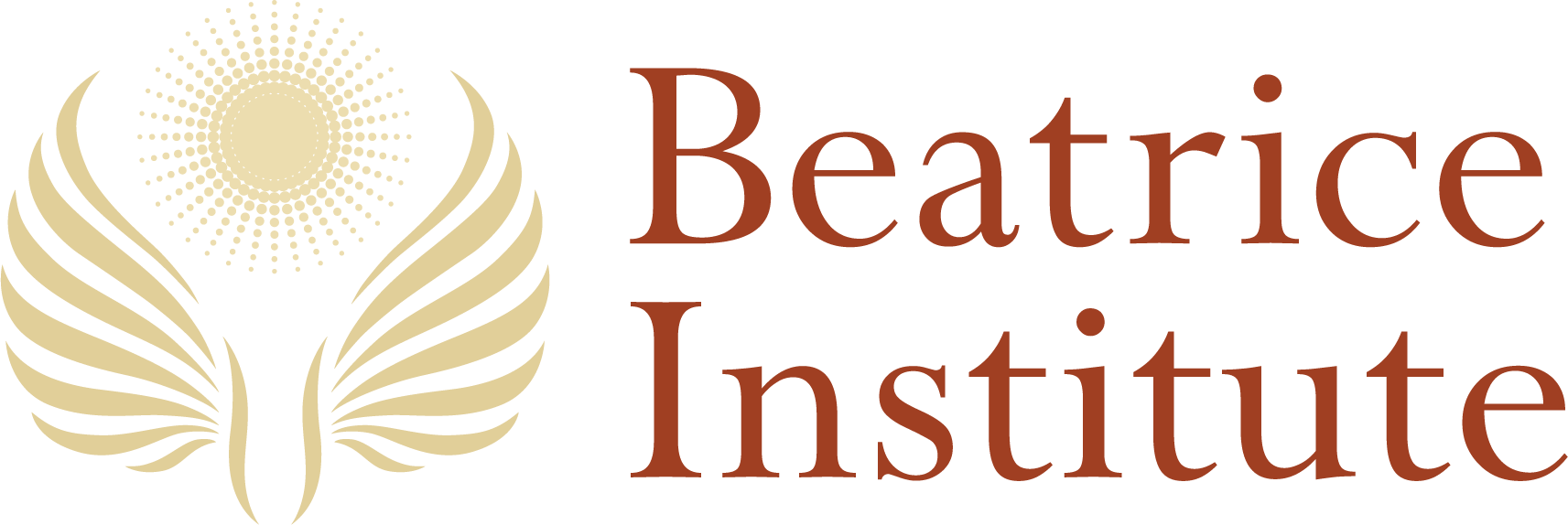

In 2013, four members of the Consortium-the Christian Study Center of Gainesville at the University of Florida, Chesterton House at Cornell University, the Center for Christian Study at the University of Virginia, and Hill House Ministries at the University of Texas-received grants from the Lilly Endowment to further their work as campus ministry organizations. The majority of the Members are Protestant, evangelical, and Reformed, but any Christian Study Center that affirms the Apostles’ Creed can join. The Consortium has two categories of affiliated organizations: Members and Partners. Beginning in April 2009, CCSC began functioning as a freestanding, non-profit organization and received 501(c)(3) status in July of that year. Andrew Trotter as the Executive Director. On July 25–27, 2008, six representatives of these Study Centers formed the CCSC, wrote a mission statement and by-laws, and elected Dr.


Prior to 2008, multiple heads of Christian study centers mer regularly to discuss the present state and future of the Study Center movement. As historian Molly Worthen has written in the New York Times, "The centers position themselves as forums where students can hash out the tensions between their faith and the assumptions of secular academia-the same assumptions that has assailed more traditional ministries. The study center movement gained momentum in the ensuing years, with centers multiplying across the United States. The 1994 publication of The Scandal of the Evangelical Mind, by evangelical historian Mark Noll, spurred much reflection among evangelical Christians about the anti-intellectualism of many strands of their culture. Their founders and staff encouraged students, faculty, and local residents to integrate the life of the university-scholarship, science, and art-with the Christian faith, rather than to see faith and learning as competing or mutually exclusive. university campus in the late 1960s and early 1970s. The Directors will coordinate the supervision of the position.Christian study centers began appearing on U.S.

Drawing upon multiple Christian traditions, it seeks to sustain a community discovering what it means to think as Christians about the working of the physical world, social structures, history, art, philosophy, and other fields of study.Īccountability: The intern is accountable to the Internship Program Director of CSCC and to the Director of Community Life of CCS. It achieves this by facilitating the flourishing of existing study centers, encouraging the development of new study centers, and raising awareness of the study center movement.Ībout the North Carolina Study Center: The Center for Christianity and Scholarship exists to equip students and faculty to engage the university and the world with Christian understanding. In partnership with the North Carolina Study Center, this position serves the study center at UNC-Chapel Hill.Ībout the Consortium of Christian Study Centers: The Consortium of Christian Study Centers exists to catalyze and empower thoughtful Christian presence and practice at colleges and universities around the world, in service of the common good.


 0 kommentar(er)
0 kommentar(er)
